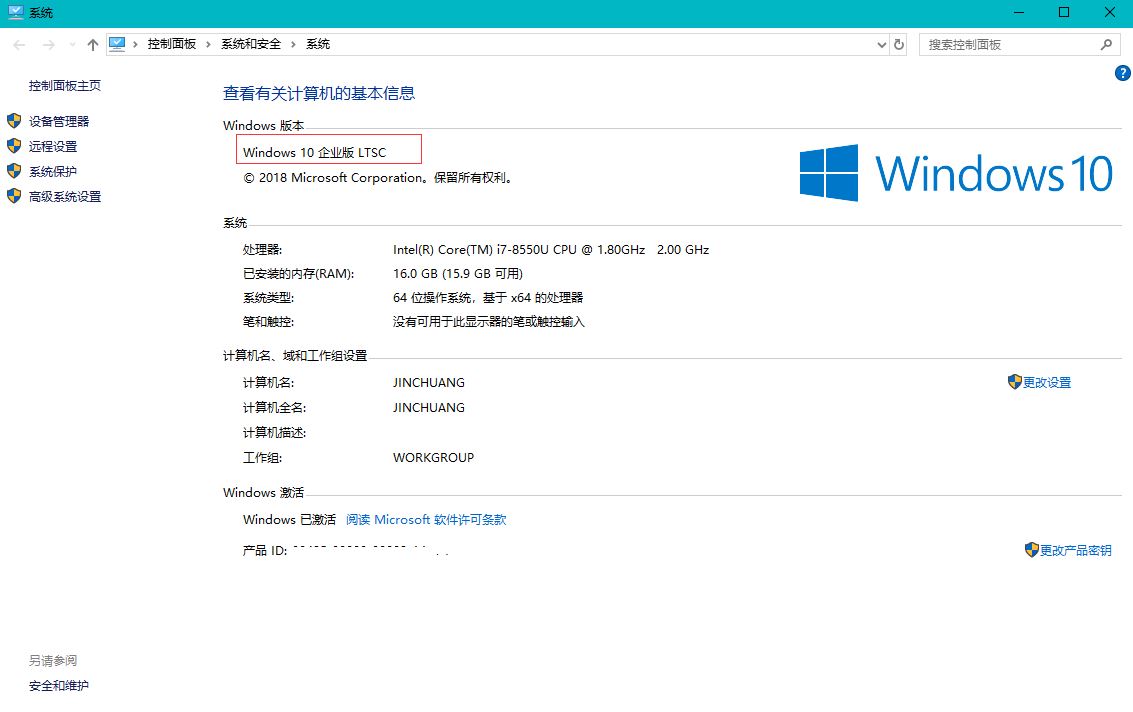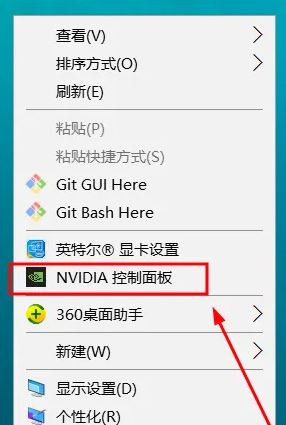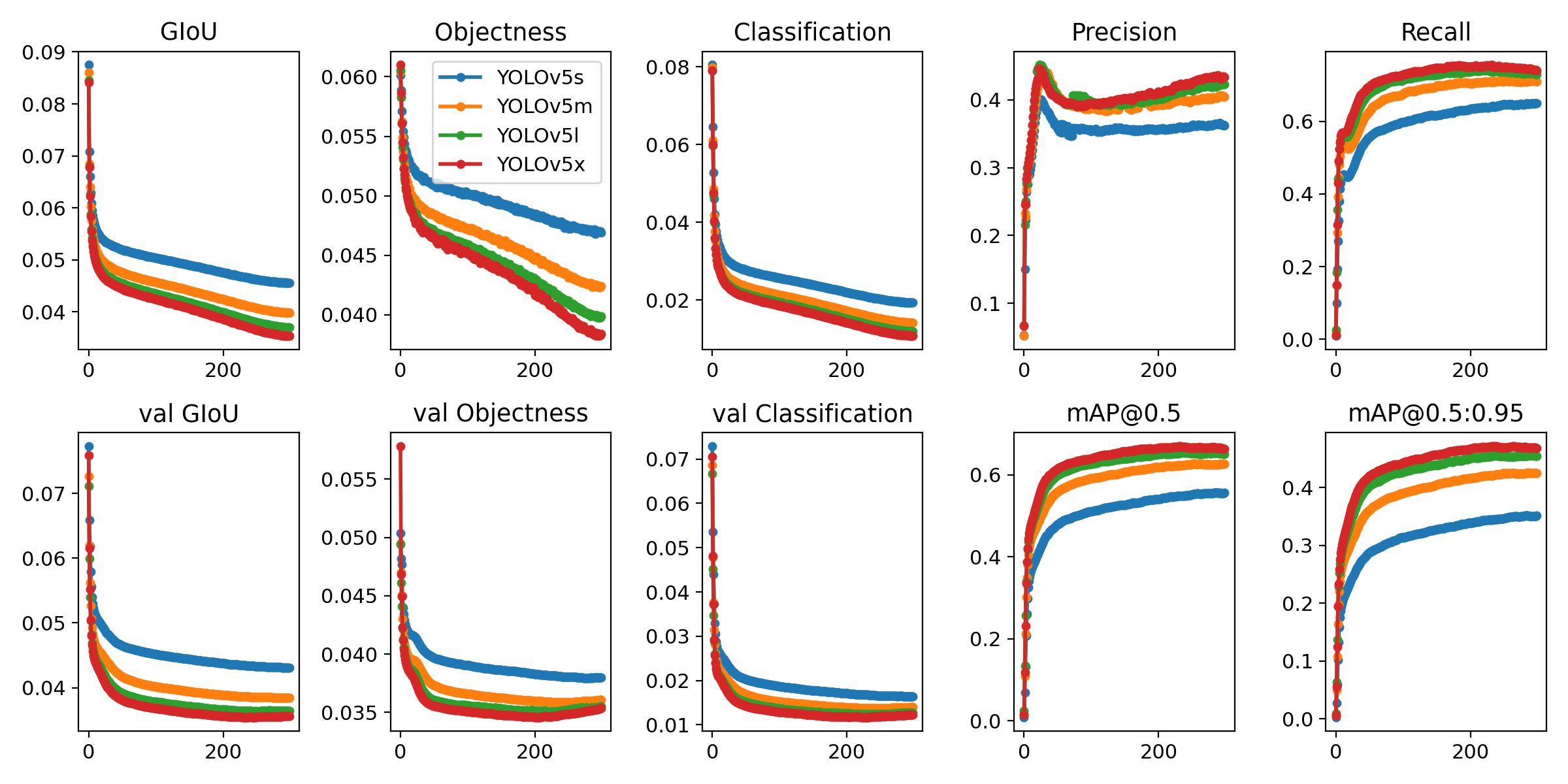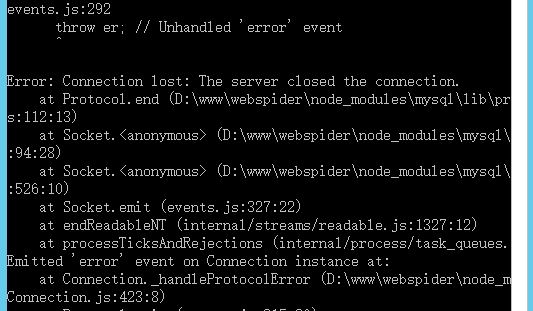apollo-server 提供了一个用于构建 GraphQL API 的框架 构建 GraphQL API 需要实现 2 个组件:
- Schema :系统中存在哪些类型以及这些类型允许进行哪些操作。
- Resolvers:如何加载类型的各个属性。
Schema and Resolvers
使用 GraphQL 模式和解析器,您可以使用 Apollo 定义只读 API,首先 GraphQL 模式是一个字符串,它定义了 API 返回的每种类型以及 API 允许的每个操作。 例如下面的 GraphQL 模式定义了一个查询操作, getCount(),返回一个类型的对象 CountResult。
const schema = `
type Query {
getCount: CountResult
}
type CountResult {
count: Int
time: Float
}
`;在 GraphQL 模式中, Query type 是特殊的:它列出了服务器允许的所有查询(只读操作)。Resolvers 允许您实际实现 getCount() 功能。下面的示例展示了如何使用上述模式启动 Apollo 服务器,并使用 Axios 发出 HTTP 请求:
const { ApolloServer, gql } = require(apollo-server);
let count = 0;
// The `gql()` function parses the schema
const schema = gql(`
type Query {
getCount: CountResult
}
type CountResult {
count: Int
time: Float
}
`);
// Resolvers define how the actual operations are implemented.
// The `Query.getCount()` resolver defines what happens when
// you call `getCount()`, and the `Query.CountResult` resolvers
// define how to transform the individual properties.
const resolvers = {
Query: {
getCount: () => ({ count, time: Date.now() })
},
CountResult: {
count: obj => obj.count,
time: obj => obj.time
}
};
const server = new ApolloServer({ typeDefs: schema, resolvers });
const handle = await server.listen();
// Make a request to the Apollo server. GraphQL requests are
// just plain old HTTP requests.
const axios = require(axios);
const { data } = await axios.post(handle.url, {
query: `
{ getCount { count, time } }
`
});
data.data; // { getCount: { count: 0, time: 1581442587371 } }Mutations
以前的 Apollo 服务器是只读的。 它只允许您获取当前 count,而不是增加它。 在 GraphQL 中,修改数据的操作称为 Mutations。就像 Query,Mutation 是一种特殊类型,它列出了您的 API 允许的每个 Mutations。
const schema = `
type Query {
getCount: CountResult
}
type Mutation {
increment: CountResult
}
type CountResult {
count: Int
time: Float
}
`;在 Apollo 中,Mutations 只是解决 Mutation 如下图所示。
const { ApolloServer, gql } = require(apollo-server);
let count = 0;
const schema = gql(`
type Query {
getCount: CountResult
}
type Mutation {
increment: CountResult
}
type CountResult {
count: Int
time: Float
}
`);
const resolvers = {
Query: {
getCount: () => ({ count, time: Date.now() })
},
// `increment` is just a resolver for the Mutation type
Mutation: {
increment: () => ({ count: ++count, time: Date.now() })
},
CountResult: {
count: obj => obj.count,
time: obj => obj.time
}
};
const server = new ApolloServer({ typeDefs: schema, resolvers });
const handle = await server.listen();
const axios = require(axios);
// Call the `increment` mutation
await axios.post(handle.url, {
query: mutation { increment { count, time } }
});
// After the `increment` mutation, `count` is now 1
const { data } = await axios.post(handle.url, {
query: { getCount { count, time } }
});
data.data; // { getCount: { count: 1, time: 1581442587371 } }© 版权声明
文章版权归作者所有,未经允许请勿转载。
THE END










请登录后查看评论内容